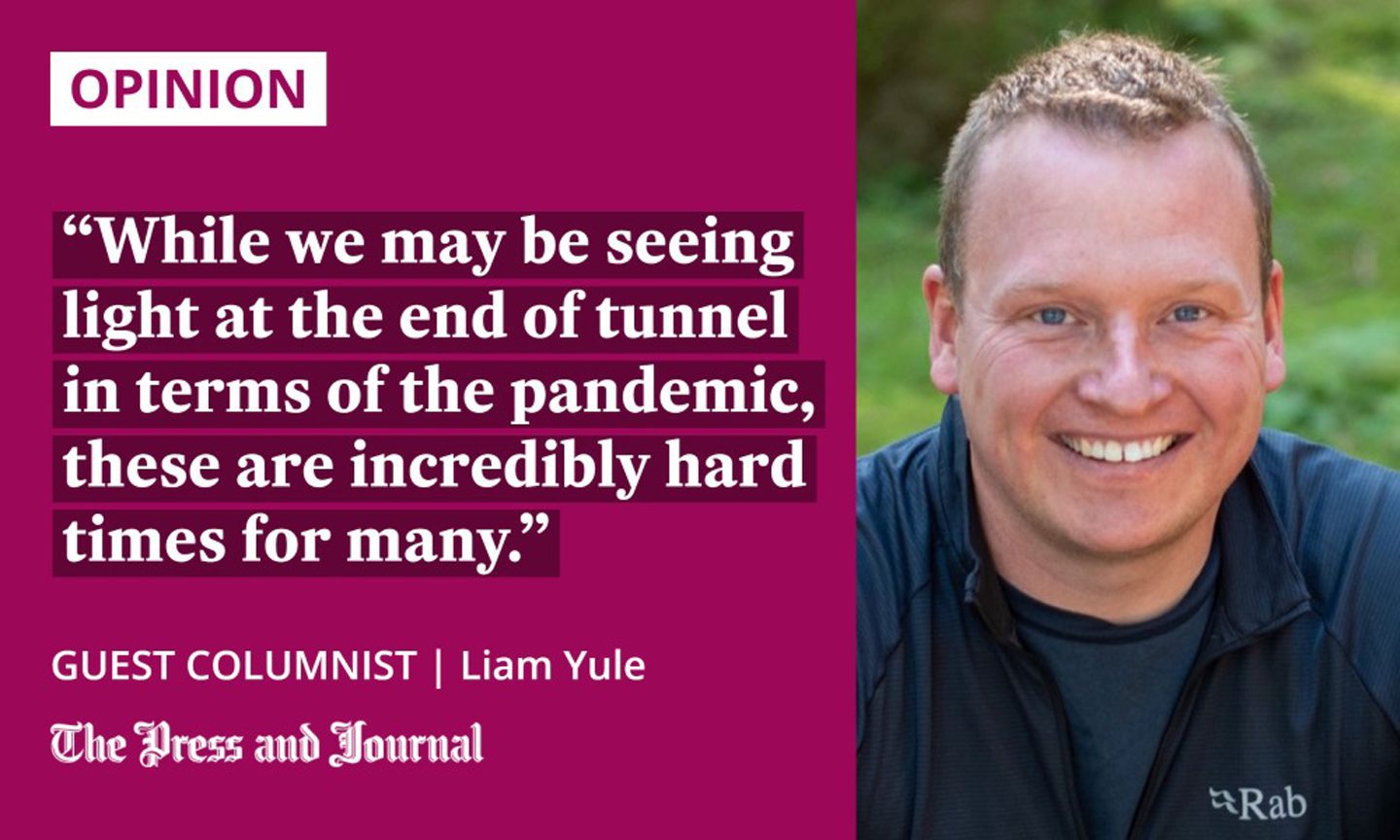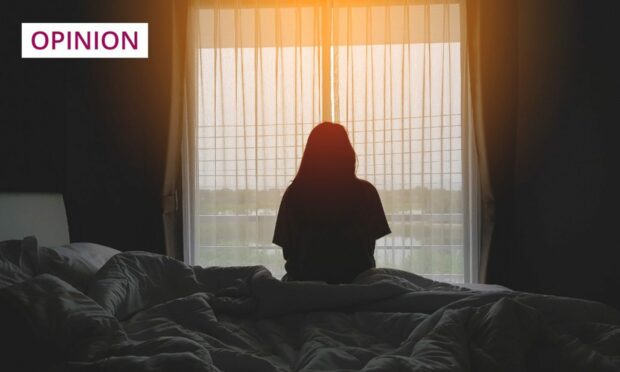There’s no denying that the last two and a half years have been tough on us all.
Life as we knew it changed and, although in many ways we’re now back to “normal”, we continue to feel the impact.
Working for the Scottish Association for Mental Health (SAMH) as part of the suicide prevention team, much of my work relies heavily on having face-to-face contact with people.

Pre-pandemic, we were out and about meeting and speaking to people all the time, and there really is no substitute for that personal contact. So, adapting our work to a world where we suddenly had to remain two metres apart was incredibly challenging. How could we spread the message that talking about suicide is important when we were all living in complete isolation from one another?
Something we were encouraged by, however, was how many people told us about little acts of kindness, moments of community spirit and camaraderie, of caring and looking out for one another. Suddenly, neighbours who had lived a wall apart without much more than a word to one another were offering to help out with shopping, or chatting about their day in the garden.
Sometimes it can be hard to know how to support a friend who may be struggling.
If you’re concerned, don’t be afraid to ask them how they’re feeling.
🟡 Our guide has some tips on how to be there: https://t.co/vE7e4rAYaD pic.twitter.com/PW1YilIEES
— SAMH (@SAMHtweets) June 11, 2022
In a strange way, we were all united in being isolated, so, for the first time, no one had to feel like they were the only one who was on their own.
Spark the turning point
Recently, my colleagues and I have returned to face-to-face work, and I can’t help but feel that the aftermath of lockdowns has left many in our society feeling more isolated than ever.
If you think someone in your life might be struggling, please do remember that sense of togetherness
We know that loneliness can be a huge contributing factor to suicidal thoughts. We also know that the cost of living crisis is having an increasingly detrimental impact on mental health, and that men in particular are struggling with things like relationship breakdowns, unemployment, and debt. So, while we may be seeing light at the end of tunnel in terms of the pandemic, these are incredibly hard times for many.
Suicide prevention is undoubtedly complex and, of course, there’s no quick fix. But, so often, people talk to us about their “turning point” – that moment where they decided that their life was worth living. Most of the time it’s because of something really simple, like a friend, neighbour or colleague asking them how they are and taking the time to really listen to their response.
So, regardless of how “normal” your own life is again, let’s continue the conversations we started during the pandemic.
And, if you think someone in your life might be struggling, please do remember that sense of togetherness we garnered during lockdowns, and ask them about it. You could just spark that turning point moment for them.
- You can find out more about suicide prevention on the SAMH website
Liam Yule is north-east Scotland suicide prevention lead for SAMH

Conversation